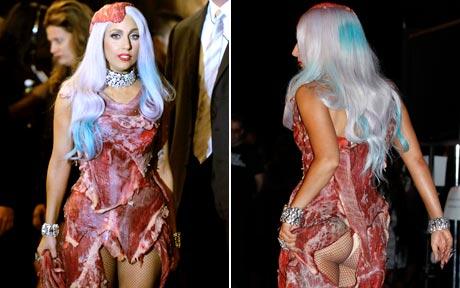Scandals and gossip have been the entertainment of the masses since Adam and Eve, but what was once a fleeting comment can now be recorded in internet history and come back to haunt you.
It started off with journals and newspapers recording the lives of interesting people and adding commentary where appropriate. From this the tabloid newspapers were born and reputations were made and lost through controversy and outrage.
However, writing a piece for a newspaper takes work, editing and approval: off the cuff remarks and errant opinions can be censored.
This is not the case with the internet, where blogs, tweets and status updates are instantly published to the public domain.
Any Press is Good Press
The old saying “there is no such thing as bad press” is still relevant depending on your priorities. Any press is good press if you want people talking about you.
It can generate links to your website which may be part of an overall marketing plan. Having people talking about your brand can be great but are you selling out your brand and sacrificing your reputation?
A quick search for a celebrity such as Lady Gaga will show a Love/hate reaction to pretty much everything she says, does and wears.
This is fantastic for Lady Gaga as her career thrives on this kind of controversy (with plenty of discussions and activity) but for a brand this can be very damaging.
Conversations about your brand can gain valuable exposure on the internet but negative sentiment can damage your reputation.
A blog or tweet can quickly spiral out of control gaining momentum from around the world, and if the sentiment is bad your brand could be getting bad exposure that not all brands can bounce back from.
Creating Controversy
Many marketing companies will suggest controversial tricks, adverts or viral campaigns, as controversy will generate a lot of attention and can be the difference between materials being seen and passed on or disappearing into internet archives forever.
Controversy can be a good tool for raising awareness on certain issues and can be manipulated to benefit a brand, though it’s important to remember there is a fine line between good and bad controversy.
With more and more people having a voice through the internet you have to accept you could be opening your brand up to criticism.
A hilarious but controversial new advert for an Australian technical college, which appears to have generated a lot of buzz for the institute
Any large campaign can be subject to good and bad press, but if you are working on something that could be deemed controversial then you should tread carefully. If managed effectively this can be great exposure but sentiment monitoring is essential to avoid any negativity getting out of hand.
All big brands can be subject to controversy, from a bad review, a misinterpreted advert and even a misguided tweet. By careful monitoring of your brand you can address and respond to negative press quickly and effectively before any damage is done.

